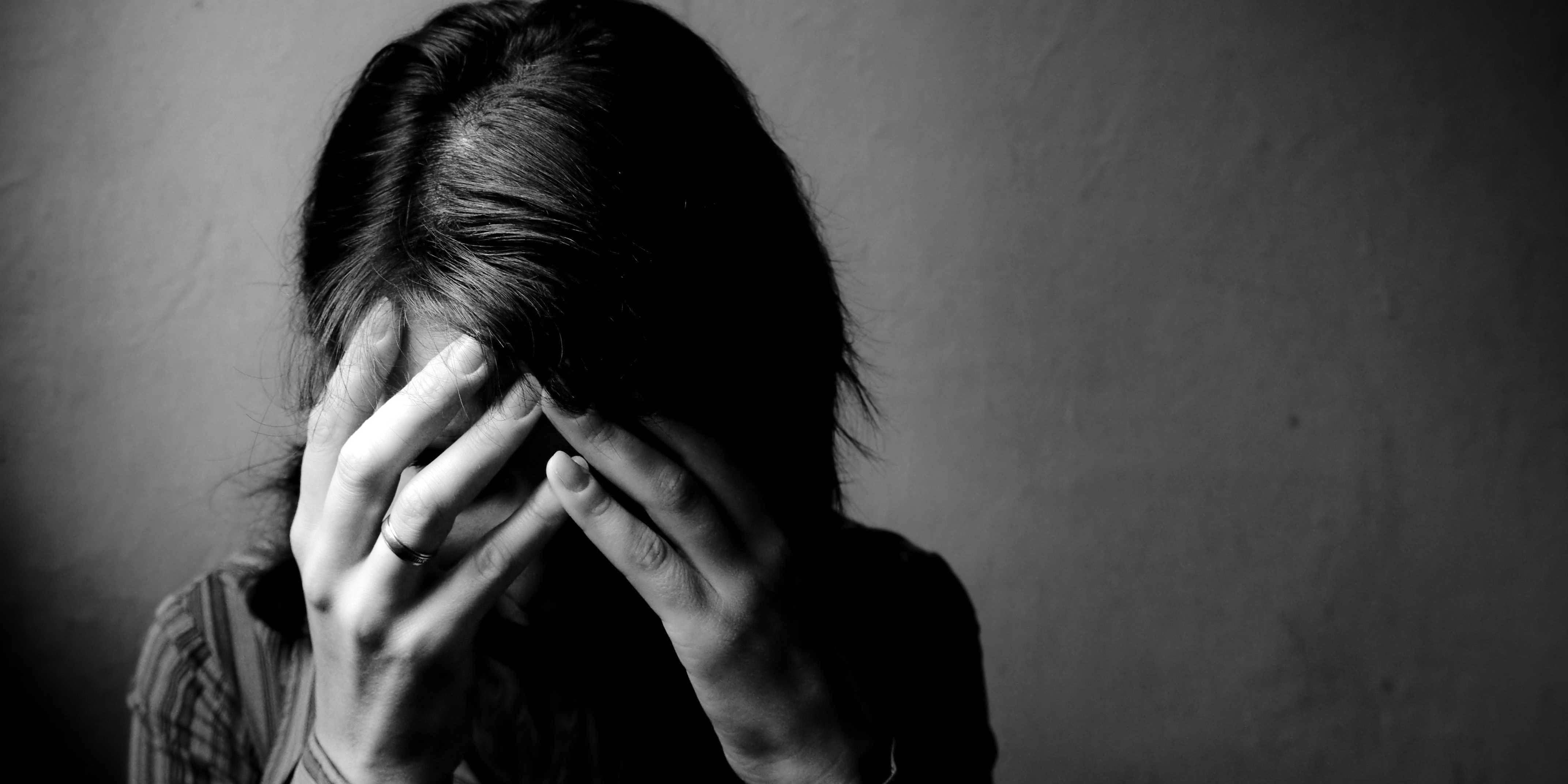Everyone occasionally feels depressed. However, depression is more than that, it is a prevalent mental illness. While depressive episodes may eventually go away on their own, it may consume months of discomfort, sadness, and indifference in life. This can be highly expensive for oneself, one’s relationships, and one’s career. There is a lot of data to suggest that future episodes of greater intensity are more likely to occur the longer a depressed episode lasts.
Treatment is beneficial for any episode of depression that lasts more than two weeks, and the sooner treatment is started, the better. The best chance of achieving complete symptom remission and avoiding relapse or recurrence is with early treatment.
Antidepressant drugs, neuromodulation, psychotherapy, and lifestyle changes are the four basic treatment options and each one targets a different aspect of the disease.
Psychotherapy
Drugs can treat depression’s symptoms, but they cannot make it go away. Many things, including how we handle stress and how we respond to unpleasant events and thoughts, can contribute to major depression. Psychotherapy aims to address the mental and emotional processes that underlie depression. People who are depressed can learn about their beliefs, emotions, and thoughts through psychotherapy. It aids individuals in pinpointing the issues that either start or feed their sadness.
Therapy helps people reclaim control of their lives by guiding them toward reestablishing their sources of joy. Additionally, it aids in the development of strong coping mechanisms, which are crucial for both treating an existing episode of depression and averting further ones.
The therapist actively assists patients in cognitive behavioural therapy (CBT) in recognising and challenging the harmful thought patterns that contribute to their low mood.
The therapist also assists patients in analysing what transpires when they start to feel emotionally overwhelmed by outside events or their own thoughts, and the two of them jointly explore coping mechanisms, including meditation and thinking differently.
According to studies, 12 to 16 weeks of weekly sessions in a therapist’s office are necessary to notice the effects of CBT. CBT is particularly effective at preventing depression recurrence.
Antidepressants
Neurotransmitters can be increased or decreased, substituted for other neurotransmitters, or their receptors can be controlled by antidepressant drugs like SSRIs (selective serotonin reuptake inhibitors, the most well-known of which is Prozac).
According to studies, symptoms improve in 40 to 60 percent of people taking an antidepressant after six to eight weeks. Following remission, treatment should be continued for another four to nine months, according to care standards.
Treatment-Resistant Depression
When several different types of drugs, both alone and in different combinations, fail to meaningfully relieve symptoms or produce unbearable side effects, depression is deemed treatment-resistant.
In controlled settings, the long-used anaesthetic ketamine is increasingly utilised to treat treatment-resistant depression. It is very fast-acting and relieves symptoms within hours of being infused intravenously in carefully titrated dosages over the course of hours. In around 50% of patients, the effects of a single infusion last for days or a few weeks.
Neuromodulation
In order to develop new neural activity patterns that increase mental and behavioural flexibility, neuromodulation aims to enhance neuroplasticity and jump-start the formation of new nerve connections.
According to studies, the devices can considerably enhance mood and memory over time. Elite athletes and others searching for a performance edge are now buying knockoff gadgets; they undergo a session of stimulation prior to training.
Which treatment to opt for and when?
Experts generally agree that mild depression responds to psychotherapy without the use of medicines, such as cognitive and behavioural therapy (CBT). The best treatment for more severe depression is a mix of medication and psychotherapy. The type of depression that antidepressant medications work best against is moderate to severe, chronic depression. Sometimes the decision to continue pharmacological therapy is made by adverse effects, such as nausea, weight gain, agitation, insomnia, decrease of sex drive, and trouble eliciting orgasm. When all symptoms go completely and patients report being able to function as well as or better than they did prior to becoming ill, treatment has been successful.
Lifestyle changes
Making lifestyle adjustments can be crucial for overcoming depression. Because sleep is so crucial for feeling good and has an impact on every system of the body and brain, it is among the most important healthy habits to promote. By itself, consistent sleep patterns improve body metabolism and lower the risk of cardiovascular disease, which is linked to depression. It’s also critical to limit exposure to instances of abuse and neglect.
While a therapist can offer assistance, patients can also implement behavioural activation as a proven method of depression relief.
Maintaining social interaction, even if it’s very difficult at the moment, is a significant source of comfort since it physiologically helps to reduce stress reactivity and counteracts the depressing nature of depression by offering a source of enjoyment.
Studies repeatedly demonstrate that depressed symptoms can be alleviated by an anti-inflammatory and metabolically functioning diet, frequent exercise, sun exposure, social support and companionship, sleep, and sex. One of the best ways to activate neuroplasticity—the escape route from depression—is through exercise. Because depression saps people’s motivation and stamina, experts emphasise that it is crucial to start somewhere—doing anything is better than doing nothing.








